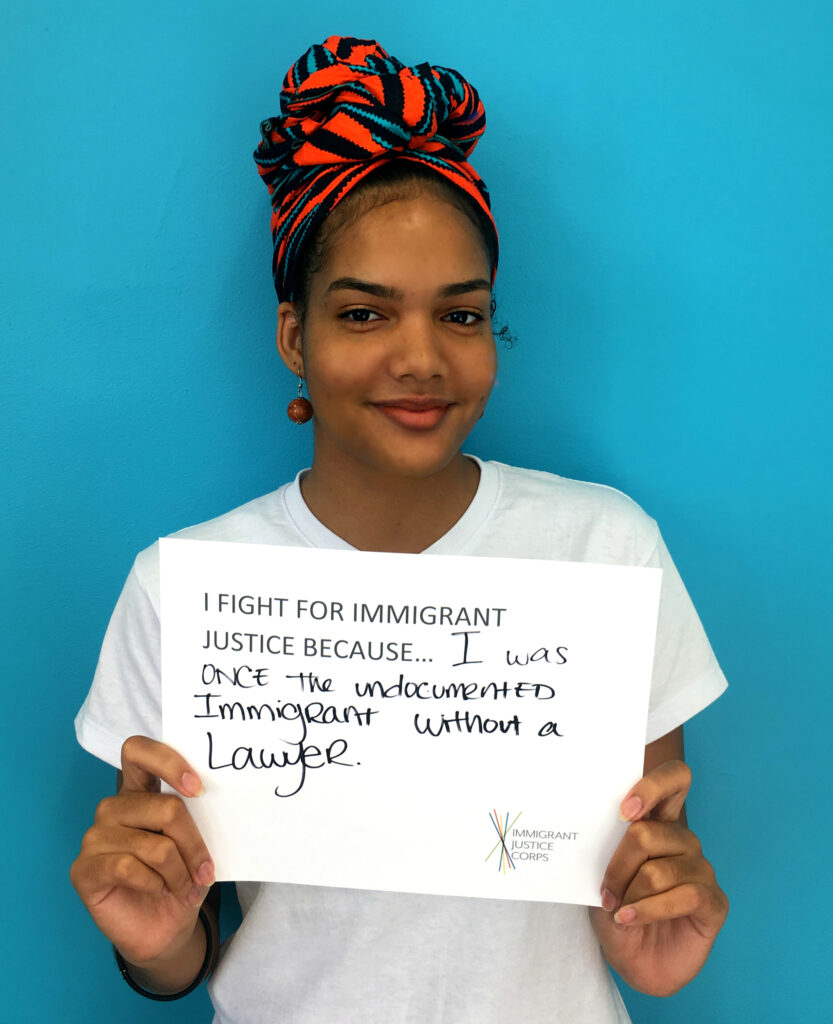Rural representation - Tanner Carlson
IJC Fellows work at host organizations across the United States, from California to Maine. For some, those organizations are located in cities where they are able to tap into the local network of immigration advocates working together to support immigrant communities. For others, their host organizations are operating as the sole provider of immigration legal services in their state, and our Fellows are one of the few immigration attorneys available to help immigrants in need.
Tanner Carlson, a 2024 Justice Fellow working at the Center for Immigrant and Refugee Advancement in Nebraska, fights back against common misconceptions of the immigrant experience in the Great Plains. Tanner is a graduate of UDC David A. Clarke School of Law.
My IJC placement at the Center for Immigrant and Refugee Advancement has brought me back to the Great Plains where I grew up. When I told my east coast friends that I would be moving to Nebraska to practice immigration law, they were astonished. I received many comments to the effect of “when I think of Nebraska, I don’t think of immigration.” But Nebraskans ARE thinking about immigration. We are telling our own migration stories and sharing our family traditions. We are celebrating the small prairie towns where there is hardly a vacant storefront because of the businesses New Americans are opening. We are building coalitions between industry, philanthropy, and activism to push our government to serve all of us. We are recounting the lessons we learned from ICE raids under previous presidents. We are opening our schools and congregations and civic spaces to rehearse how we will keep each other safe.
The time I have spent as an IJC Fellow has been marked by a high degree of uncertainty and rapid change for immigration law practitioners. I will never forget going in for my first solo Master Calendar Hearing as a licensed attorney, just three days after inauguration. Neither before nor since have I witnessed such empty lobbies and hallways in an immigration court. The atmosphere was tense, and the hearing went very differently than I had expected. In the months since, for this case and others, I have turned over facts countless times seeking an answer to the question “how can I keep this family together?” in the maze of a dozen immigration law flowcharts. All the while, I’ve repeatedly had to audit my caseload and send out letters keeping my clients aware of sudden policy changes that impact their cases.
Since beginning the fellowship, this field has changed in some important ways. How much more will it change in the months and years between now and my clients’ asylum interviews and individual hearings in immigration court? What has not changed and what will not change is the commitment of Nebraskans to immigrant justice. I am very honored to be part of this activity, driving across these “amber waves of grain” from cities to small towns to meet with children and their families to plot out the concrete steps we can take right now to take back some certainty for their lives and set in place positive changes. Still, I could not ask for a better setting to be doing this work in, and I would never have found this opportunity without the incredible link IJC has created between graduating law students and organizations that want to train effective advocates.
